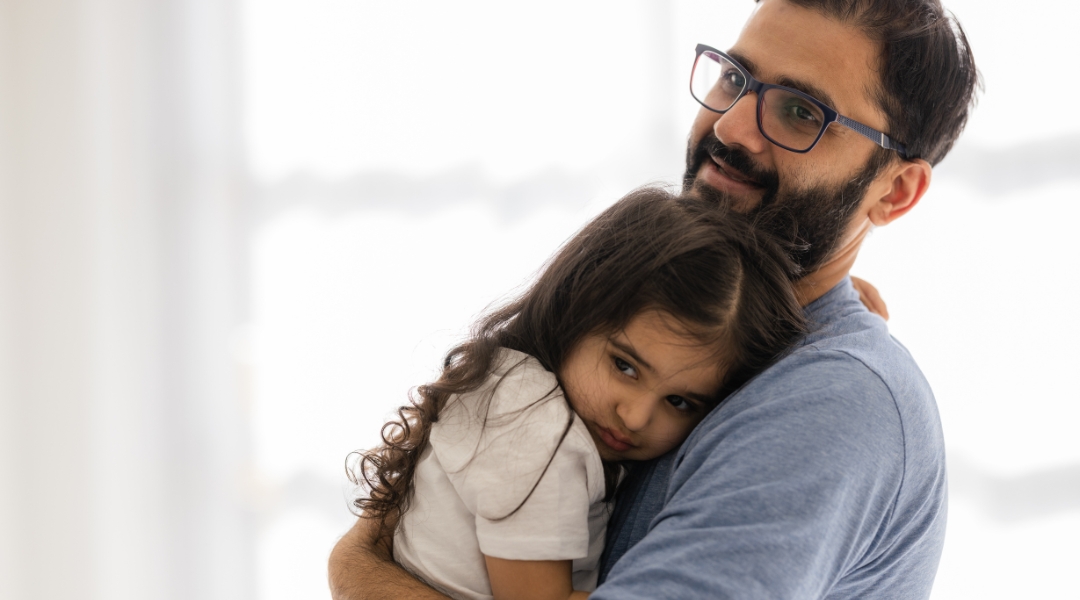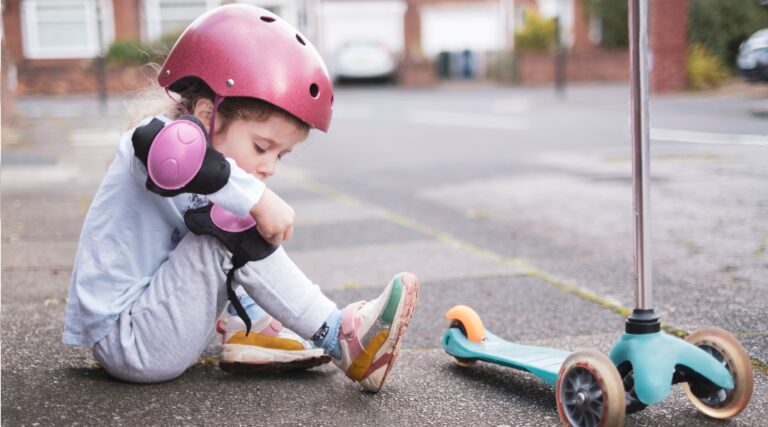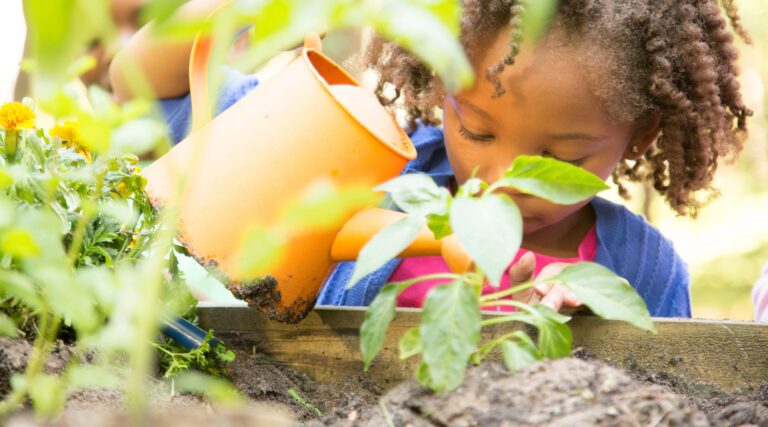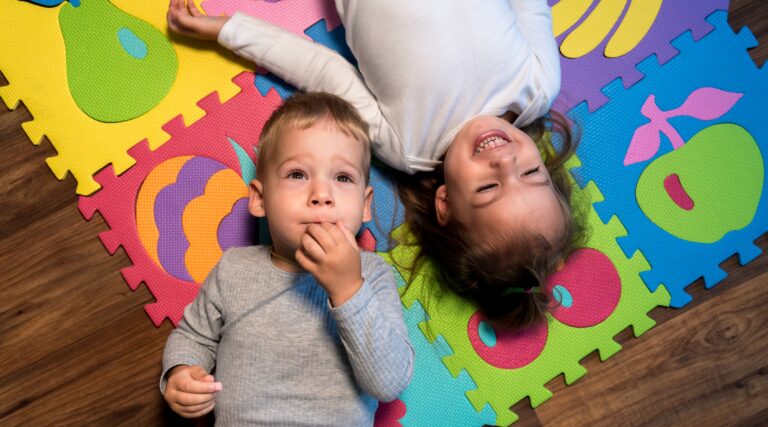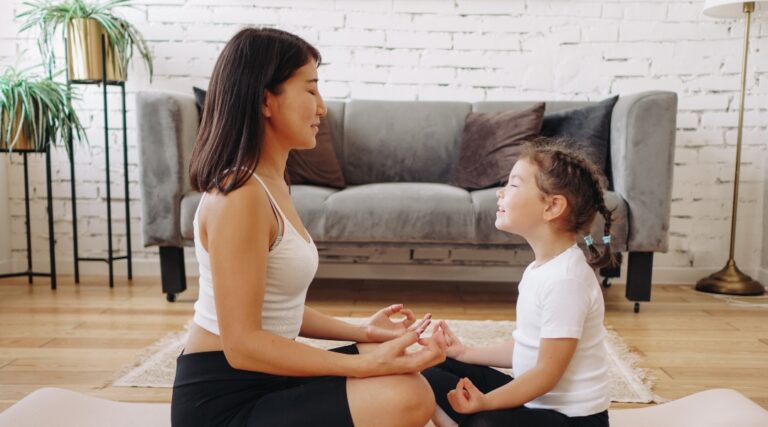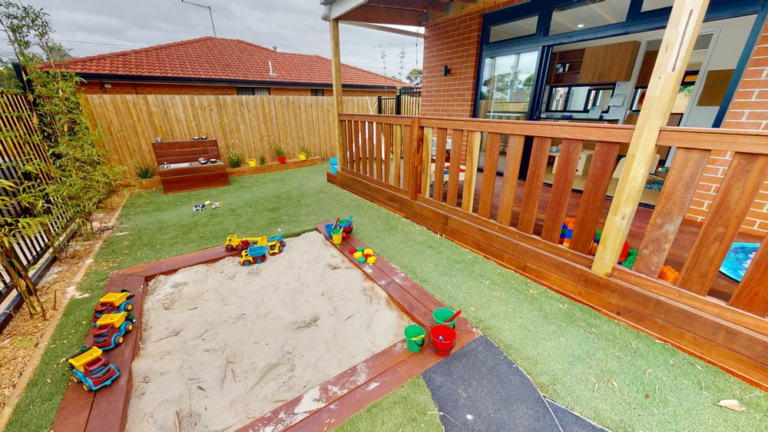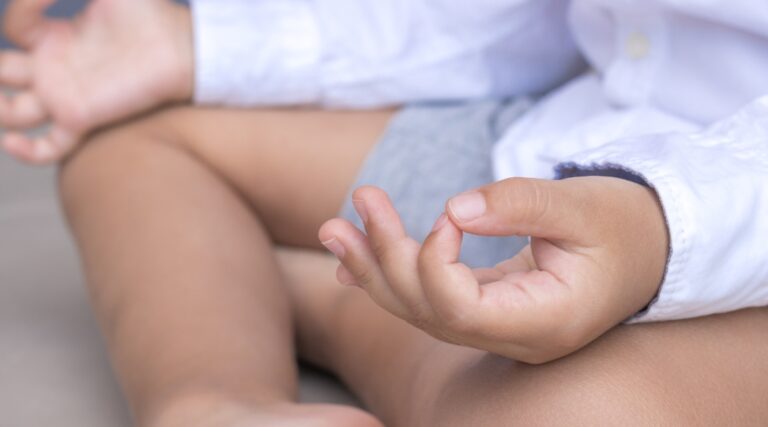Understanding and Supporting Children with Anxiety Disorders in Childcare
Anxiety disorders are among the most common mental health disorders in children, affecting around 6.9% of Australian children aged 4-17 years. At Whiz Kidz Caroline Springs, we know how essential it is to understand the signs of anxiety in young children and provide support to help them manage their symptoms. In this post, we’ll explore the types of anxiety disorders that can affect children, signs to look out for, and strategies to support children with anxiety.
Types of Anxiety Disorders
There are several types of anxiety disorders that can affect children, including:
- Generalized Anxiety Disorder (GAD): Children with GAD experience excessive worry and anxiety about a wide range of everyday events or activities.
- Social Anxiety Disorder: Children with social anxiety disorder have an intense fear of social situations and may avoid social interactions or feel very anxious when in social settings.
- Separation Anxiety Disorder: This disorder involves excessive anxiety about being separated from a parent or caregiver and can manifest as clinginess, fear of being alone, or reluctance to attend childcare.
- Specific Phobias: Children with specific phobias have an intense fear of a specific object or situation, such as animals, insects, or heights.
Signs of Anxiety in Young Children
It can be challenging to recognise anxiety in young children, as they may not always be able to articulate their feelings. Some signs to look out for include:
- Excessive worrying or fear about everyday activities
- Avoidance of certain situations or places
- Difficulty sleeping or frequent nightmares
- Physical symptoms such as stomach aches or headaches
- Irritability or outbursts of anger
- Difficulty concentrating or staying focused
Support Strategies for Children with Anxiety
- Create a Safe and Predictable Environment: Establishing a routine can help children feel more secure and reduce anxiety. Ensure that transitions are smooth and predictable.
- Encourage Expression of Feelings: Provide opportunities for children to express their feelings through art, play, or verbal communication. Let them know it’s okay to feel anxious and that you’re there to support them.
- Teach Relaxation Techniques: Teach simple relaxation techniques such as deep breathing or mindfulness exercises to help children manage their anxiety.
- Promote Positive Self-Talk: Encourage children to challenge negative thoughts and replace them with positive affirmations. Praise their efforts and accomplishments to boost their self-esteem.
- Work Collaboratively with Parents: Maintain open communication with parents about their child’s anxiety and collaborate on strategies to support the child both at home and in childcare.
Conclusion
Understanding and supporting children with anxiety disorders in childcare settings is crucial for their well-being and development. By recognising the signs of anxiety, creating a supportive environment, and implementing strategies to help children manage their symptoms, the Caroline Springs Whiz Kidz team can make a positive difference in the lives of children with anxiety disorders. Together, we can ensure that all children feel safe, supported, and able to thrive in their childcare experience.

